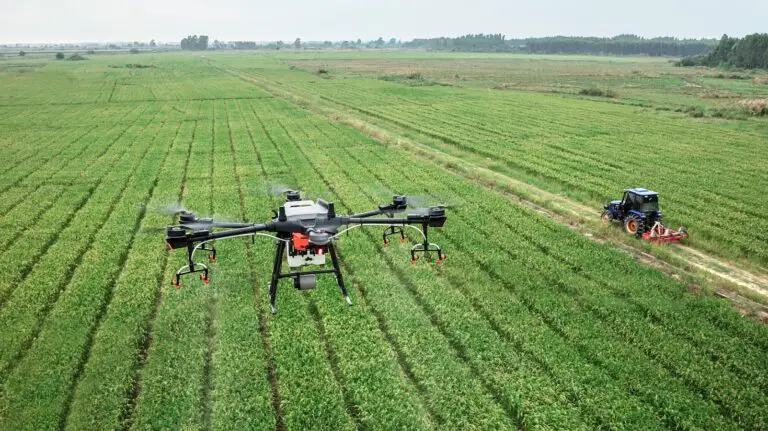Trending
- TikTok Community Guidelines update aims to curb hate speech and misinformation
- Rwanda sees 39% surge in bank borrowers as Sacco and MFI loan uptake declines
- Kenya Ports Authority wins dispute case over cargo release
- Why Africa can reap billions from digital economy
- Africa private capital deals drop 28 per cent amid global economic turmoil
- Saudi Islamic Development Bank to the rescue of Uganda with $295 million loan
- Reshaping the future of sustainable food systems in Africa
- African Heads of State call for tripling of World Bank’s concessional financing
